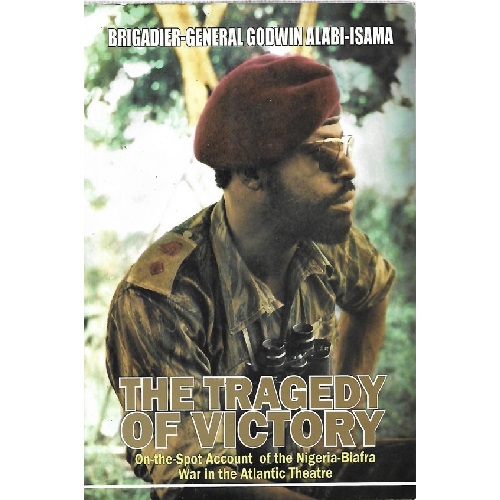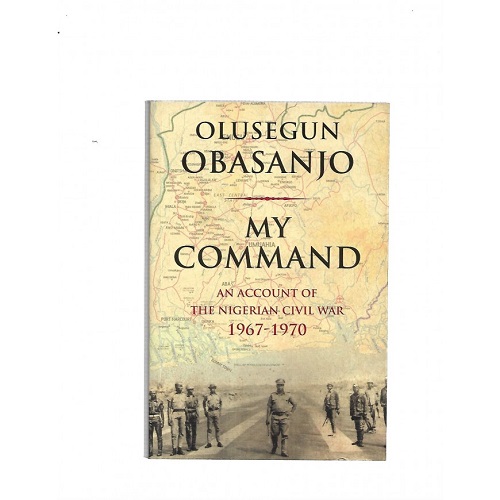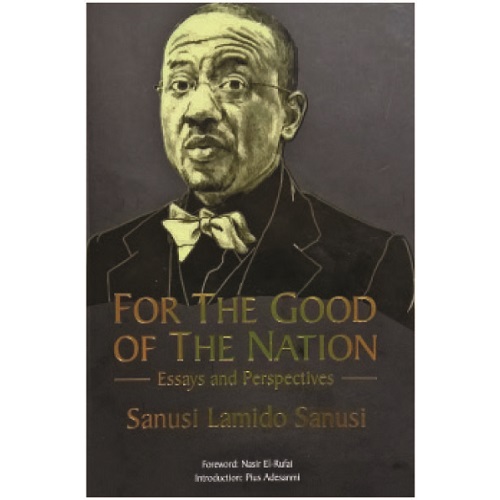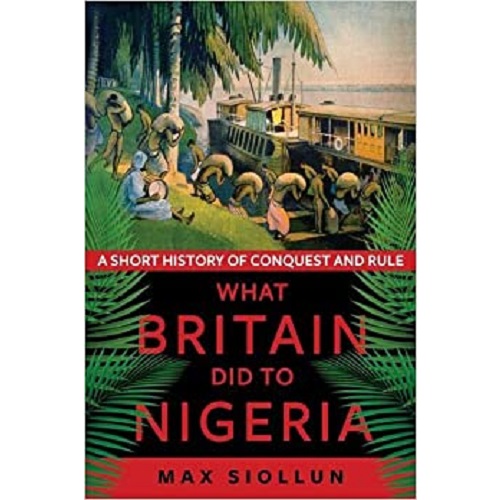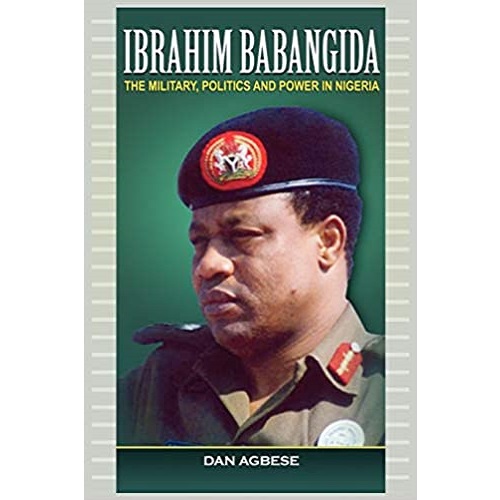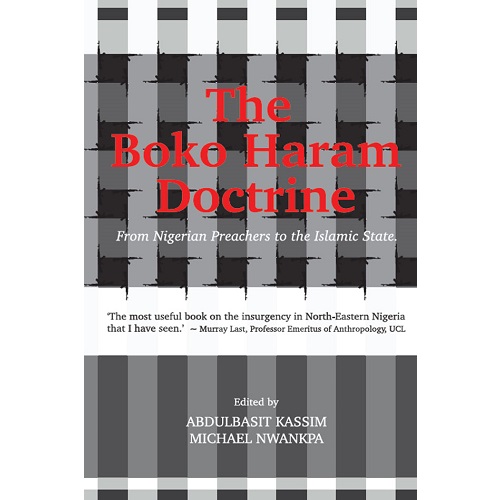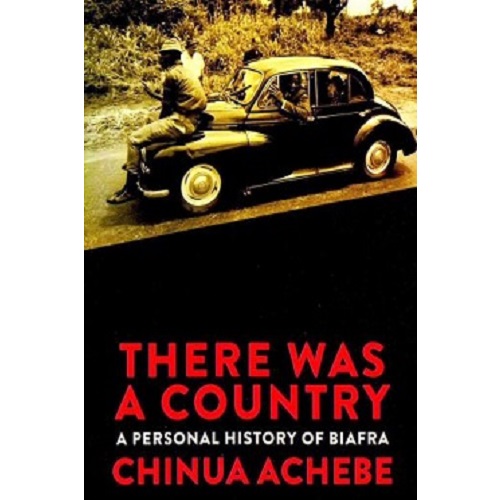-
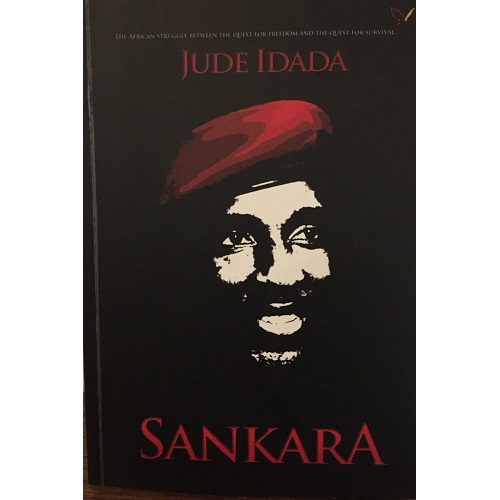
Sankara – by Jude Idada
₦3,000The African Renaissance is the concept that African people and nations shall overcome the current challenges confronting the continent and achieve cultural, scientific, and economic renewal.
At thirty-three, in 1983, Thomas Sankara came to power with the goal of eliminating corruption and eliminating the vestiges of colonial domination. He immediately launched one of the most ambitious programmes for social and economic change ever attempted on the African continent.
-
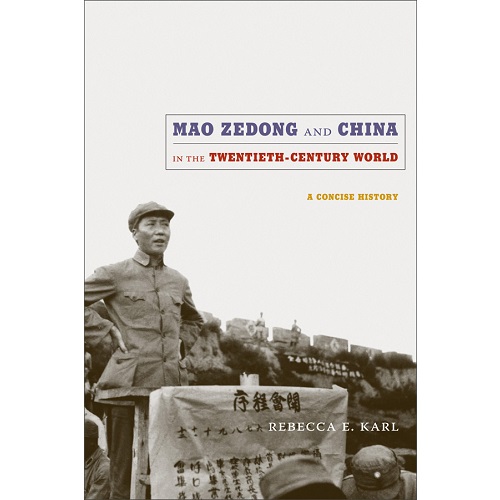
Mao Zedong and China in the Twentieth-Century World: A Concise History by Rebecca E. Karl
₦13,000Throughout this lively and concise historical account of Mao Zedong’s life and thought, Rebecca E. Karl places the revolutionary leader’s personal experiences, social visions and theory, military strategies, and developmental and foreign policies in a dynamic narrative of the Chinese revolution. She situates Mao and the revolution in a global setting informed by imperialism, decolonization, and third worldism, and discusses worldwide trends in politics, the economy, military power, and territorial sovereignty.
-
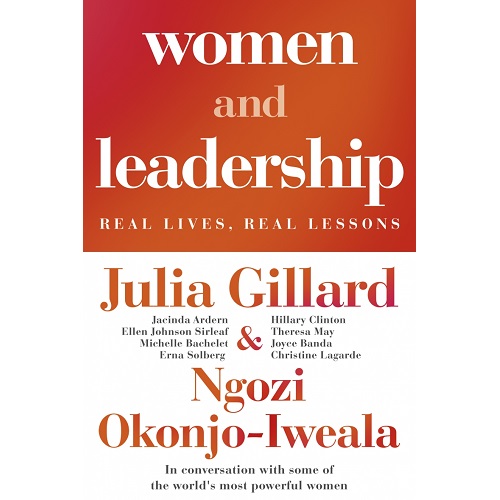
Women and Leadership: Real Lives, Real Lessons – by Julia Gillard and Ngozi Okonjo-Iweala
₦11,000A powerful call to action for achieving equality in leadership. Women make up fewer than ten per cent of national leaders worldwide, and behind this eye-opening statistic lies a pattern of unequal access to power.
-
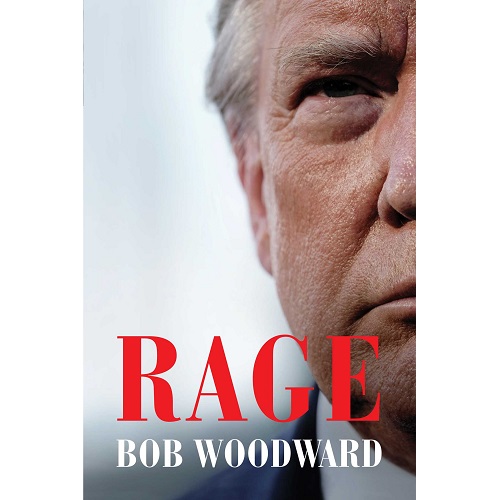
Rage Hardcover – by Bob Woodward
₦13,000A key decision point, Rage shows how Trump’s responses to the crises of 2020 were rooted in the instincts, habits and style he developed during his first three years as president.
Revisiting the earliest days of the Trump presidency, Rage reveals how Secretary of Defense James Mattis, Secretary of State Rex Tillerson and Director of National Intelligence Dan Coats struggled to keep the country safe as the president dismantled any semblance of collegial national security decision making.
-
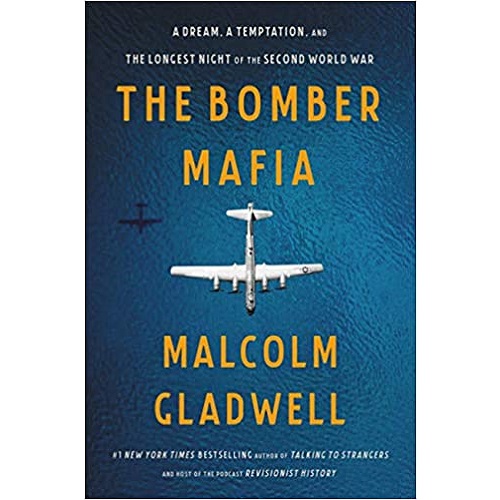
The Bomber Mafia: A Dream, a Temptation, and the Longest Night of the Second World War Paperback – by Malcolm Gladwell
₦3,500In The Bomber Mafia, Malcolm Gladwell weaves together the stories of a Dutch genius and his homemade computer, a band of brothers in central Alabama, a British psychopath, and pyromaniacal chemists at Harvard to examine one of the greatest moral challenges in modern American history.
Most military thinkers in the years leading up to World War II saw the aeroplane as an afterthought. But a small band of idealistic strategists, the “Bomber Mafia,” asked: What if precision bombing could cripple the enemy and make war far less lethal?
In contrast, the bombing of Tokyo on the deadliest night of the war was the brainchild of General Curtis LeMay, whose brutal pragmatism and scorched-earth tactics in Japan cost thousands of civilian lives, but may have spared even more by averting a planned US invasion. In The Bomber Mafia, Gladwell asks, “Was it worth it?”
-
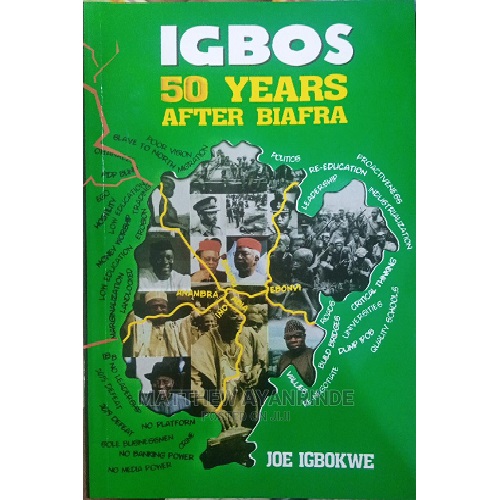
Igbos 50 Years After Biafra – by Joe Igbokwe
₦3,500In a well-appointed sequel to his earlier book on the subject – Igbos: 25 years after Biafra, Joe Igbokwe reprises his role as a moral pathfinder in a strident, impassioned call to his people, the Igbo of south-eastern Nigeria who, fifty years after a costly three-year civil war of self-determination in 1966, seem to have all packed up with briefcases for trading and sundry business, leaving the agitation for political power to the other major legs of the ethnopolitical tripod in Nigeria, the Yoruba Hausa-Fulani.
-
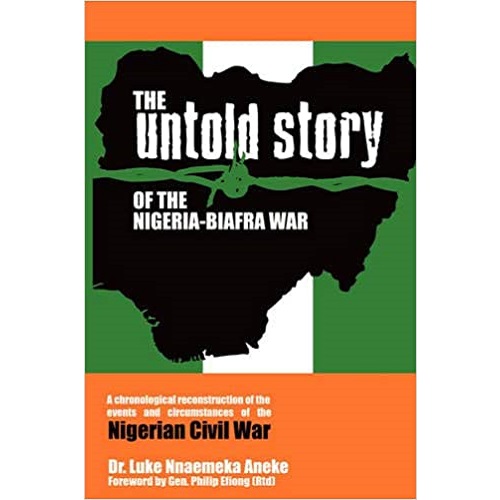
The Untold Story of the Nigeria-Biafra War Paperback – by Luke Nnaemeka Aneke
₦8,500This is the history of the Nigerian civil war, a four-year period of events that have been meticulously and painstakingly tied to actual and specific dates and days of the week, creating the greatest one-volume diary on the civil war, with verifiable and referenced sources. The contents of this book reflect the events of the Nigerian civil war and world reactions, woven together into a simultaneous and situational sequence that creates a real and actual experience to the reader as if the events were still contemporaneous.
-
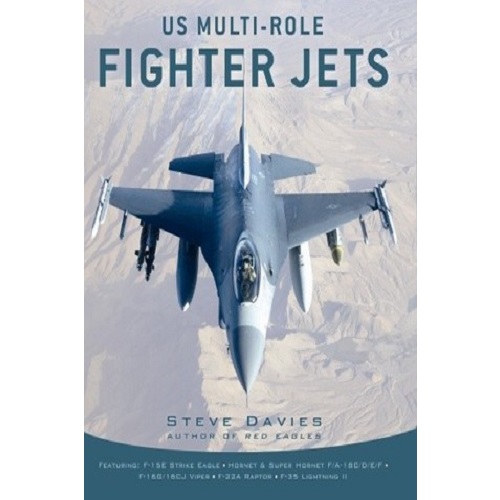
US Multi-Role Fighter Jets by Steve Davies
₦30,000Steve Davies, military aviation photographer and critically acclaimed author of Red Eagles, is back with a new photo essay on American’s cutting-edge fighter fleet. Davies examines the F/A-18C/D/E/F Super Hornet, F-15E Strike Eagle, F-16CG/F-16CJ, F-22A Raptor, and the F-35 Joint Strike Fighter, taking readers on a complete behind-the-scenes tour of these fearsome jets, from the hangers to the skies. In between, Davies explores the cutting edge technology that makes these birds fly and interviews the pilots and ground crews that make them sing. Join Davies for this all-access tour of the mighty jets that help keep America the world’s only air superpower.
-
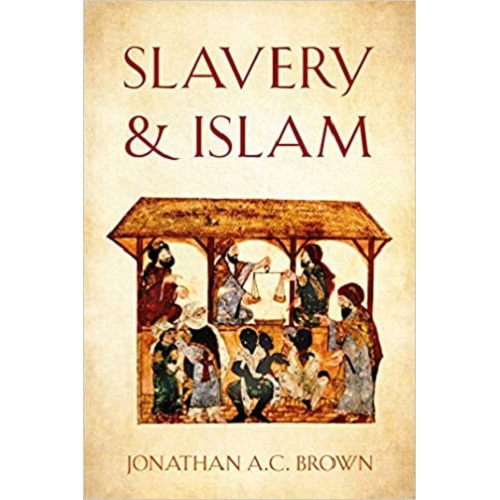
Slavery and Islam Hardcover – by Jonathan A.C. Brown
₦17,500Every major religion and philosophy once condoned or approved of slavery, but in modern times nothing is seen as more evil. Americans confront this crisis of authority when they erect statues of Founding Fathers who slept with their slaves. And Muslims faced it when ISIS revived sex slavery, justifying it with verses from the Quran and the practice of Muhammad.

